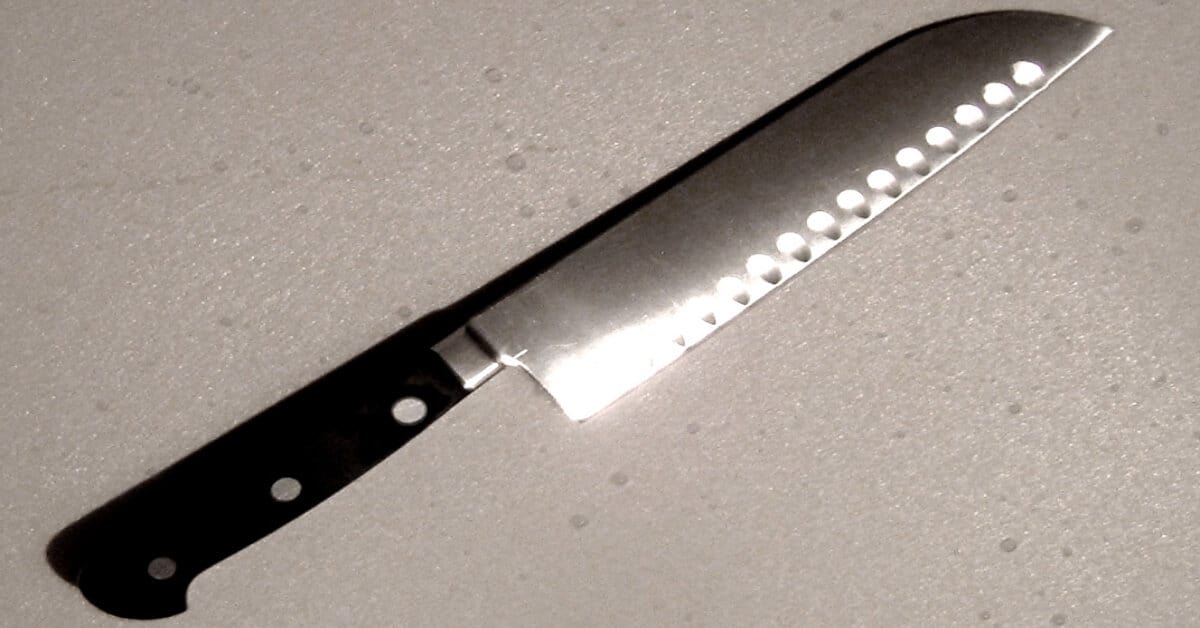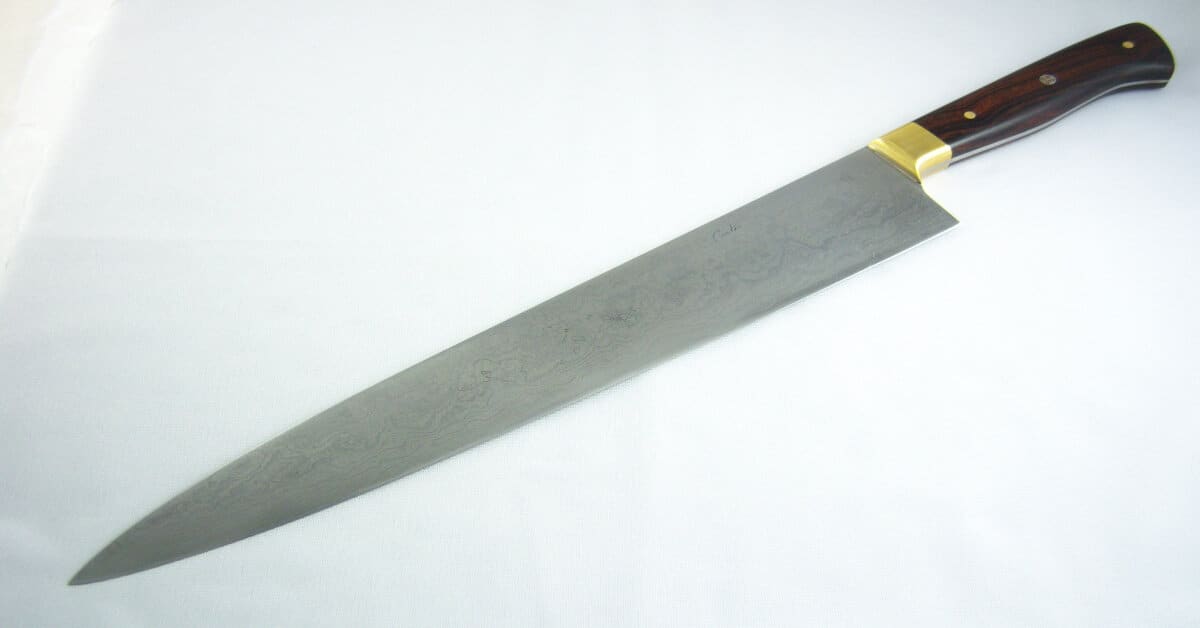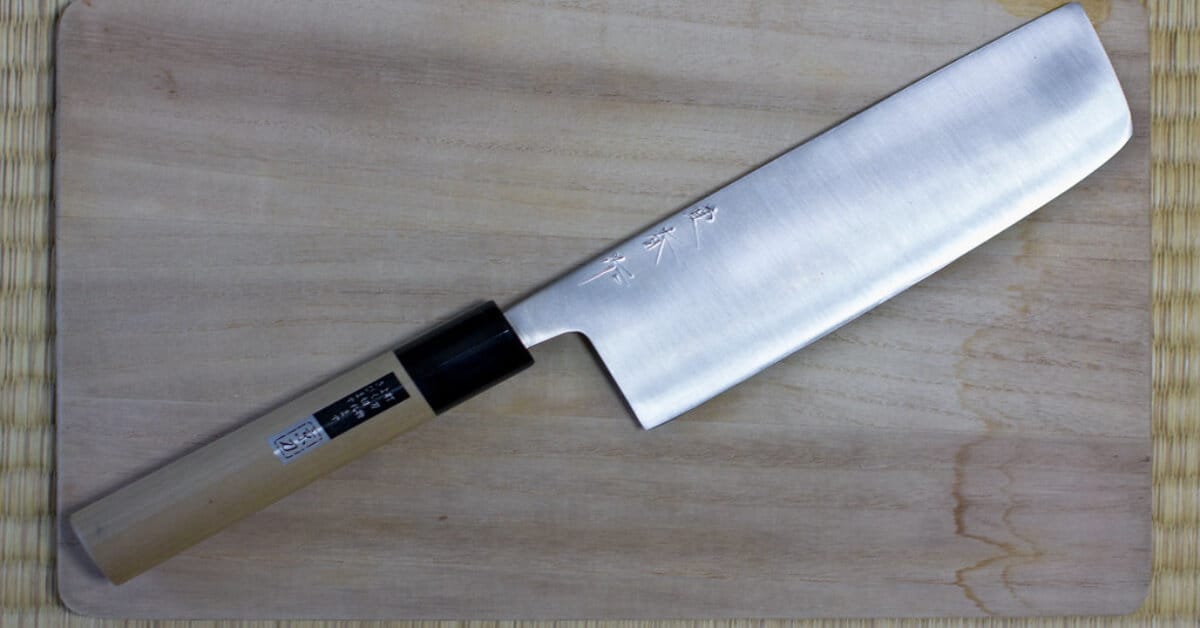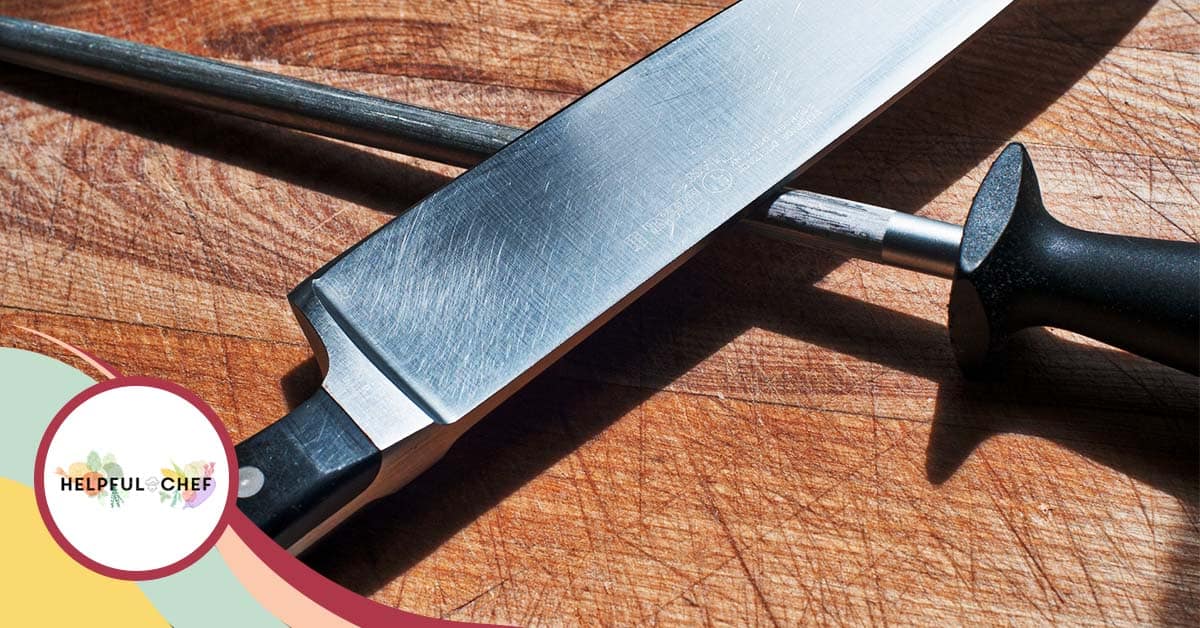As a knife enthusiast, you have probably heard of Damascus steel. This ancient type of steel has a long and storied history, and it is still one of the most popular materials for kitchen knives today. Let’s explore what Damascus steel is, how it works, and why it might be the best choice for your next kitchen knife!
What is Damascus steel and where does it come from?
Damascus steel is a type of steel that has a long history in the Middle East. It is believed to have been first created in Damascus, Syria, and that is where it gets its name. Damascus steel is made by combining different types of metal alloys, and the end result is a blade that is both durable and sharp.
Damascus steel contains carbon and other metals, like chromium or vanadium. While these other metals are present in low amounts, they give the blades their strength and keep them from corroding over time. This makes Damascus steel an excellent choice for kitchen knives because it is strong without being too heavy!
How is Damascus steel made, and what are its benefits?
Damascus steel (also referred to as “Damascus pattern”) is very tough and durable, with a sharp cutting edge. It was common historically for damascene blades to be designed in patterned cypress wood, silver or gold decoration. One of the advantages is that it can be made in various thicknesses giving you options depending on your needs!
The method for making Damascus steel has been known for centuries, but it’s a difficult and resource-intensive process. A patterned steel sheet is created by fusing together steels or iron with different chemical compositions. In order to create the damascene pattern on the blade, the metal must be drawn out in extremely thin layers while being heated and hammered. Then, these layers are folded and twisted together, and finally compressed to increase the strength of the blade!
What types of steel go into Damascus steel?
VG1 , VG2, and VG10 are often used in making Damascus steel blades. Others include AUS8 and AUS10. These types of metal have the right combination of strength and corrosion resistance to make them perfect for keeping your knives sharp!
Why are Damascus steel knives so popular?
The popularity of Damascus Steel knives comes from the combination of their resistance to corrosion, strength, and beauty. The material is made by fusing together different types of metals alloys, resulting in an incomparable kitchen knife that can be passed down through generations. These truly are heirloom knives that you can pass down to your kids.
Why might Damascus steel be the best choice for my kitchen knives?
There are many benefits to buying cutlery made of this type of steel, but it has to be noted that there is an added cost that comes with Damascus steel knives as they are artisanal products. Nonetheless, the craftsmanship is worth the wait and, if you can afford it, the added expense.
The material is resistant to corrosion and rust, so your knives will stay sharp for a long time and won’t corrode. Damascus steel is made of many layers, giving it incredible strength and durability. This also makes the blade lighter than you would expect from such a strong knife, making it easy to handle.
At the end of the day, what makes these knives so special is the craftsmanship that goes into making this type of steel. It has unique folding patterns, which result in an incomparable look and durability. If you want to own a kitchen knife with a rich history, Damascus steel might be the best choice for you!
How can I tell if a Damascus Steel knife is real or fake?
When looking to purchase a Damascus steel knife, it is important to know how to tell if the knife is real or fake. There are a few telltale signs to watch for:
1. The price: If the price seems too good to be true, it probably is. Authentic Damascus steel knives are handmade and artisanal products, so they will be more expensive than knives made of other materials. If you’re looking for a great deal on a Damascus steel knife, chances are you’re not getting the real thing.
2. The etching: Authentic Damascus steel knives will have intricate etching on the blade that can’t be replicated by a machine. If the etching on the blade looks too perfect or uniform, it is probably fake.
3. Where it is made: Damascus steel knives are handmade by expert craftsmen. Most Damascus steel knives are made in Japan, although some are also made in China. Of course, if you go to a handmade craftsman near you, you’ll know the knife is real.
How To Care for my Damascus steel kitchen knives?
Due to the nature of these special blades, you want to care for them properly.
1. Always hand wash your Damascus steel kitchen knives with soap and water. Do not place them in the dishwasher.
2. Dry your knives immediately after washing them to prevent rusting.
3. Store your knives in a dry place when not in use.
4. Keep your knives sharp by using a sharpening stone on a regular basis.
How to store Damascus Steel Knives
It is important to store your Damascus steel knives in a dry place when not in use to prevent rusting. You can store them in a knife block, magnetic strip, or sheath. Storing them properly will also ensure they don’t get nicked by other utensils and will maintain their edge for longer.
How can I choose the right Damascus steel kitchen knife for me?
When choosing the right Damascus steel kitchen knife for you, there are a few things to consider. First, think about what your needs are. If you’re looking for an all-purpose knife that can handle a variety of tasks, then you might want to buy a chef’s knife or santoku style chef’s knife. These knives are typically around 200mm.
If you’re looking for a specialized knife for a specific task, there are other options available. There are Damascus steel fillet knives for slicing fish, poultry knives for cutting meat, and bread knives with scalloped blades for slicing bread. It’s important to choose the right knife for the job, and Damascus steel knives are a great choice.
Conclusion
As we come to a close, it’s important to remember the reasons why Damascus steel is so popular for kitchen knives. Not only is it sharp and durable, but it also has a rich history that sets it apart from other metals. If you’re looking for the perfect knife set to pass down through the generations, be sure to consider investing in some Damascus steel blades!




